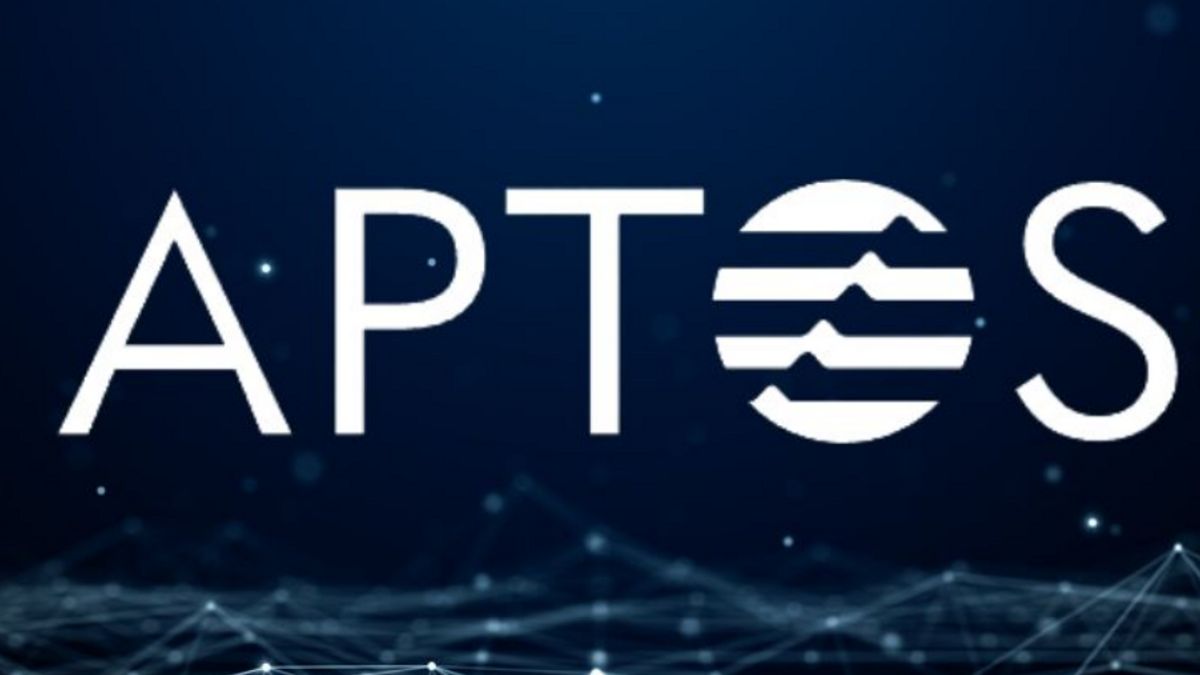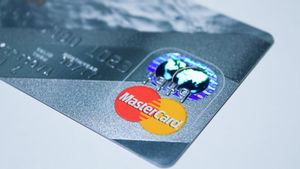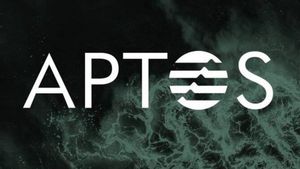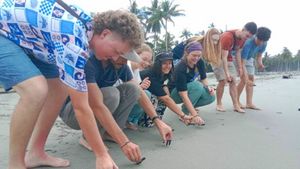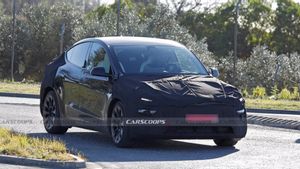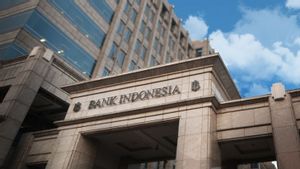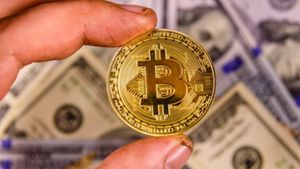JAKARTA - Mastercard, a leading payment company in the world, collaborated with Aptos Labs to increase trust in on-chain financial transactions. Aptos Labs revealed that the company is part of the team that developed the Mastercard Crypto Credential.
Mastercard Crypto Credential is a framework aimed at setting common standards for recognizing interactions on blockchain networks. This new framework can be used for remittance and payment solutions, according to an announcement.
As a Crypto Credential Mastercard partner, Aptos Labs will support the infrastructure for identity, security, trust tools, and verification that allows for inter-individual funding flows and crosses territorial boundaries. In addition to payments, Aptos Labs' partnership with Mastercard will continue to expand the utility of identity-oriented Web3 solutions for use such as NFT, tickets, companies, and others.
اقرأ أيضا:
Mastercard said that this initiative was launched to address security and compliance issues that hit blockchain-based transactions. This collaboration is also carried out with Solana Foundation, Polygon Labs, and Ava Labs, in addition to Aptos.
Solana, Polygon, and Avalanche are also competitors of Ethereum, with their respective protocols capable of handling more transactions. Mastercard Crypto Credential and cooperation with several other blockchain and Web3-related technologies show that these payment companies are working hard to become the main players in the blockchain space.
Mastercard has announced a number of blockchain projects since last year, including Visa and PayPal, all intending to expand its reach into blockchain. Blockchain technology has become a major topic for many large companies around the world, with many trying to adopt it and improve their services through the technology.
Therefore, it is not surprising that many large companies such as Mastercard are interested in blockchain technology, which has proven to have a lot of potential in the future.
The English, Chinese, Japanese, Arabic, and French versions are automatically generated by the AI. So there may still be inaccuracies in translating, please always see Indonesian as our main language. (system supported by DigitalSiber.id)
